Light Study
Scientific definition (from WikiPedia):
Light or visible light is electromagnetic radiation within the portion of the electromagnetic spectrum that can be perceived by the human eye.[1] Visible light is usually defined as having wavelengths in the range of 400–700 nanometers (nm), or 4.00 × 10−7 to 7.00 × 10−7 m, between the infrared (with longer wavelengths) and the ultraviolet (with shorter wavelengths).[2][3] This wavelength means a frequency range of roughly 430–750 terahertz (THz)
In Dictionary:
Merriam Webster: something that makes vision possible
Cambridge: the brightness that comes from the sun, fire, etc. and from electrical devices, and that allows things to be seen
Cambridge: the brightness that comes from the sun, fire, etc. and from electrical devices, and that allows things to be seen
Light in Poetry, Literature and music:
"There is a crack in everything, that's how the light gets in."
Leonard Cohen
Leonard Cohen
“Beauty is a light in the heart.”
Khalil Gibran
Khalil Gibran
"I have been here before, / But when or how I cannot tell / I know the grass beyond the door, / The sweet keen smell, / The sighing sound, the lights around the shore."
Dante Gabriel Rossetti
Dante Gabriel Rossetti
Some results of searching "light" on Giphy:
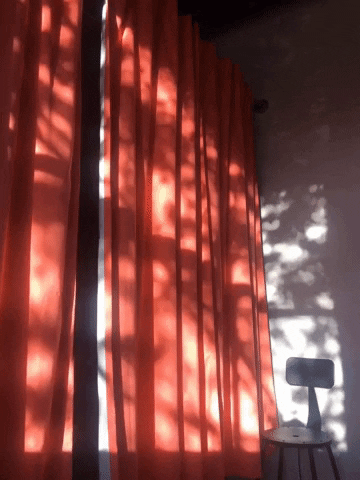

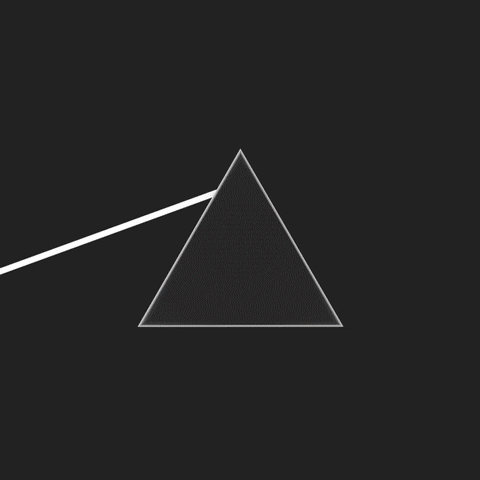
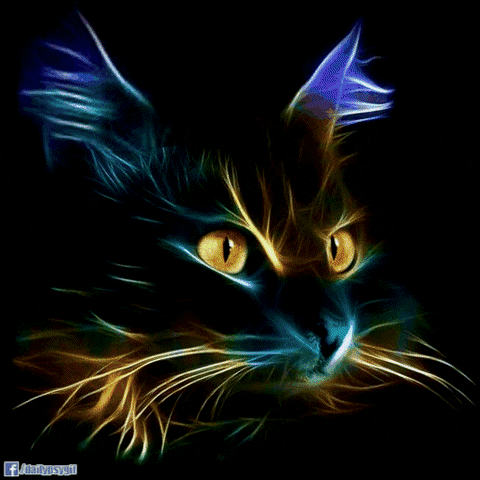
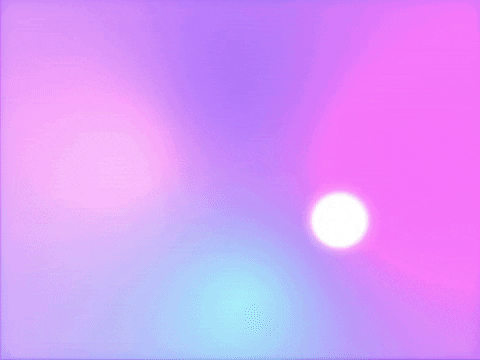
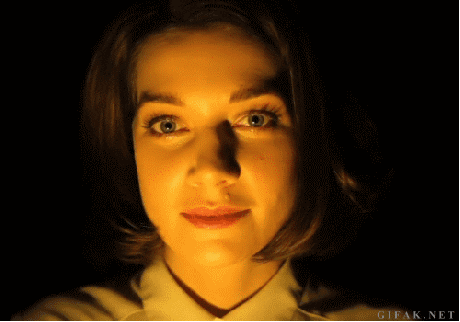
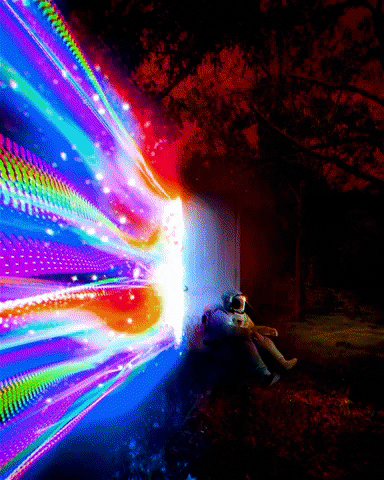
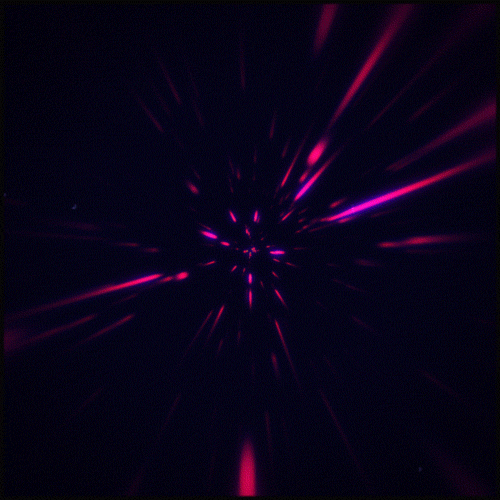
My Observations
When we say light, the image of light that comes to our mind is its vicinity with dark
When there is lot of it, is hard to capture it.
•perhaps the only thing that we see and the wind has not affect on it.
•Nothing can be added to the light.
•Nothing can be added to the light.
The light observation process is a little bit tricky. You can't observe light solely. Rather you should study its behavior toward things.
What we tend to like most about the light is not the light itself. it is the shadows associated with that light.
For me, the relationship between light and dark is evocative of the figure-ground principle of Gestalt theory. Sometimes, it is hard to tell which one is more dominant when you are observing. You can’t say which one is the foreground and which one is the background
Final Thoughts
Light in poetry, literature, and art has been mostly used as a subject. But in reality, it is mostly being used as a medium which helps us to see the world. It affects the way we see nature. It can change our vision of the world around us. Like how Galilee made telescope or Hooke made microscope. These devices were the result of studying light and were great milestones in understanding the world better. Like scientists that have been using light as a tool, in the work of artists it can also be used as a tool, rather than being a subject to be sentimental about it. As I was searching and thinking these questions came to my mind:
How light is helping us to understand the world better?
How much we can trust what light is revealing to us? is it revealing or manipulating?
Aren’t we overloading with the data that the light gives us in every moment?
I think we are a little bit overloaded with the visionary senses that we need a break from them. It seems that dominance of the vision has weakened the other senses like tactile, or sense of hearing. We are trusting what we see too much.
Knowing simple facts about light and dark can help us to rethink our behavior toward the light. For example, because of the speed of light, the image of the Sun that we see belongs to nine minutes before we see it. This fact made me think about the fact that everything that we see does not belong to that moment. I started to search to know how is it for blind people. I thought the effects of the absence of this matter on their lives could reveal important things about light.
For example, they are mostly strange with the concept of racist. it was so interesting to me. Usually, we don't think if it is a result of neglecting all the many senses that we have and just judge with our eyes and what we see.
I think as much as light can help us understand the world better, dark can also help us. There should be a balance between these two. I think we should sometimes try to ignore what we see and sharpen our other senses intentionally.
Knowing simple facts about light and dark can help us to rethink our behavior toward the light. For example, because of the speed of light, the image of the Sun that we see belongs to nine minutes before we see it. This fact made me think about the fact that everything that we see does not belong to that moment. I started to search to know how is it for blind people. I thought the effects of the absence of this matter on their lives could reveal important things about light.
For example, they are mostly strange with the concept of racist. it was so interesting to me. Usually, we don't think if it is a result of neglecting all the many senses that we have and just judge with our eyes and what we see.
I think as much as light can help us understand the world better, dark can also help us. There should be a balance between these two. I think we should sometimes try to ignore what we see and sharpen our other senses intentionally.
